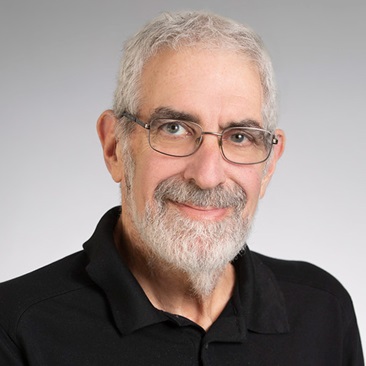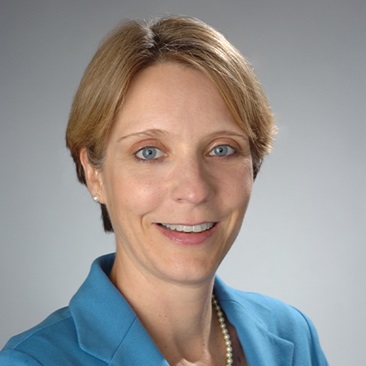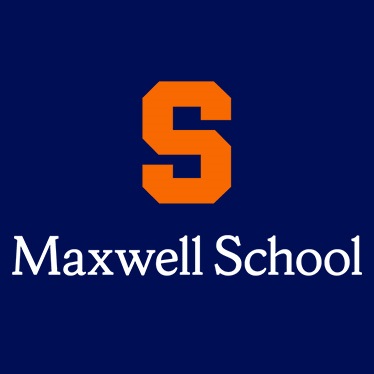Center for Policy Research
Report
The Hidden Age Revolution: Emergent Integration of All Ages
Matilda White Riley
C.P.R. Policy Brief No. 12
April 1998
Abstract
Over the past 30 years the author and her colleagues have been focusing on conceptual and empirical work (the aging and society paradigm) that does not create policies, but can inform them. The most immediate phase of this long cumulative history is leading them now to hidden changes in people's lives and social institutions that herald a new phenomenon world-wide--a phenomenon that may have momentous implications for the policies of the future. The author and her colleagues call it "age integration" because it *integrates* older people with others of every age.
When the author comes to the end of her lecture, she hopes you will see the potential for age integration to transform the basis for policy in the 21st century. But before considering policy, she wants to share with you her excitement about the age integration that would greatly affect it.
Of course, we already know that lives have changed; they have become longer and healthier. But what many of us do not yet recognize is that two revolutionary changes, though still hidden, are beginning to emerge: (1) human lives are subtly extending so far that they create a new *age continuum*; (2) a silent metamorphosis in social structures is opening unexpected *opportunities for people of every age*. These hidden changes, and the pressures generated by the tensions between them, portend a virtual breakdown of the age barriers that once segregated the "three boxes"; retirement and leisure for the old, work and family for the middle aged, and education for the young. With the barriers removed, older people could participate together with younger people in work, life-long education, community, religion, and many other structures--that is, they could become "age integrated."
The Center for Policy Research at the Maxwell School of Syracuse University supports policy-relevant research and disseminates knowledge that enables leaders to make informed policy decisions and provide effective solutions to critical challenges in our local region, state, country and across the world.
Related News
Commentary

Nov 19, 2024
Research

Oct 24, 2024
School News

Sep 11, 2024
Commentary

Aug 12, 2024